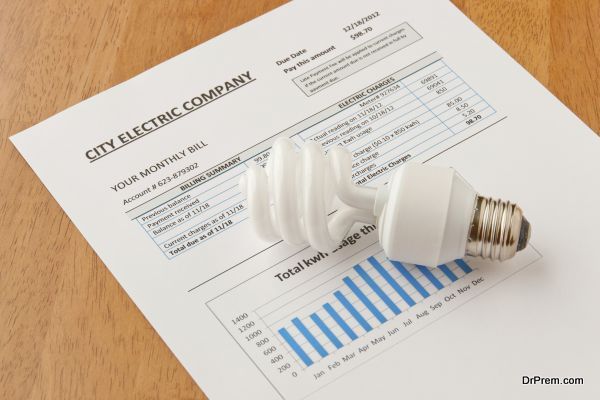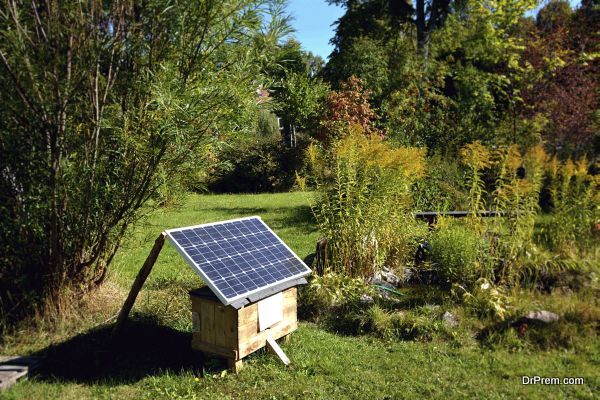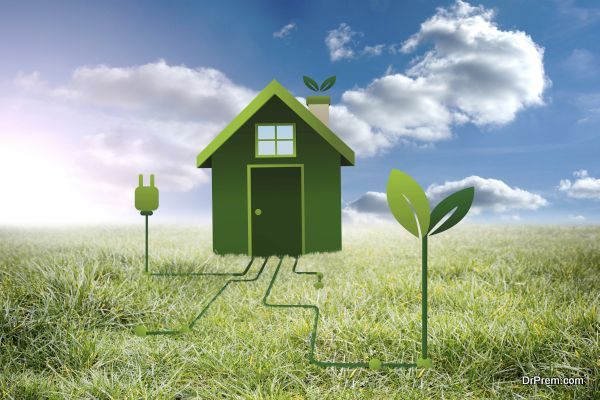Off-grid living is no more a less known or a rare phenomena. It is quite popular worldwide, as people are doing it for the sake of adventure and reducing their carbon footprint. You also might be thinking of trying your hand at it and contributing to sustain the environment, or probably, you are in the dilemma whether to go for it or not. To make things easy for you, we have brought for you the pros and cons of off-grid living. You can consider them and then decide whether it is worth it or not.
Pros of off-grid living

- Off-grid living seems to eliminate all worries related to monthly electricity and water usage and their bills. Monthly utility bills that usually take away a huge part of your hard earned income. Going off-grid reduces or eliminates your reliance on those utilities because you start relying on green alternatives, i.e. solar energy and rainwater harvesting to satisfy your demands.
- Whether there is a thunderstorm, or torrential rain, you need not worry about power outage. This is because you are not relying upon ordinary but a renewable energy source. If there is sun, you are going to get electricity no matter what. You will only have to worry when the sun does not shine for many days altogether, by God’s grace anything like this has never happened as of now, so chill.
- People usually feel off-grid homes are energy efficient and they have all sorts of other benefits but they do not look good and are not comfortable. If you also think like this, then it is high time you bust this myth. You can design your off-grid home to be as convenient as you want it to be, and add as much of visual interest to it as you want.
- Last but surely not the least; you can lead a guilt free life because your home has a minimal or no carbon footprint. You should be careful that you do not have to allow energy wastage in your off-grid home.
Cons of off-grid living

Off-grid living has to be comfortable and convenient, and to do the same, one needs to spend a good deal of money. Quite a good investment it takes initially, but later through alternative energy usage, off-grid living results in savings. Living off-grid does not mean your requirements will subside, but you will still require an air conditioner, all appliances in your kitchen, good water heating system in bathroom, and like.
In other words, all your electricity demand will depend upon the solar panels installed on your roof. Now do you think a small panel would be sufficient to fulfill all your energy requirements? Of course not, the more is the demand, the bigger is the size of installations. Solar power will take half the burden but for the rest of your energy demand, you will have to rely upon some other form of alternative energy.

Wind energy comes to your rescue here, which means you ought to install wind turbines that could convert wind power into electricity that could fulfill your energy requirement. No doubt, you are using alternative energy that is clean and green, but to harness that energy you need to spend a big amount first.
It is just so obvious that people go for off-grid living thinking that they are doing something great to reduce their carbon footprint and to save environment. Nobody can deny that off-grid living does help to bring down carbon footprint but it sometimes becomes a much expensive affair and at times it damages environment as well. This happens because to make off-grid homes comfortable, special equipments such as batteries, generators and fuel are added to these homes as a backup, which is not the case if you choose on-grid living.
Off-grid living is beneficial for the environment but one can reap the same benefits in on-grid living as well by bringing into use alternative energy sources.




